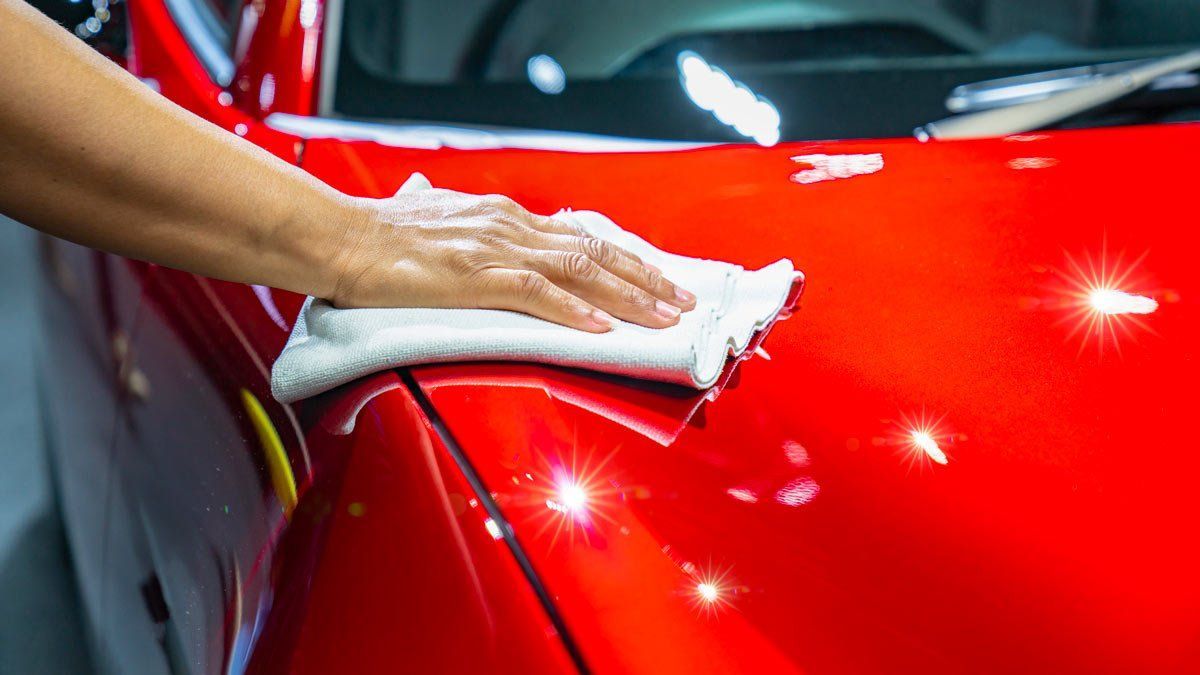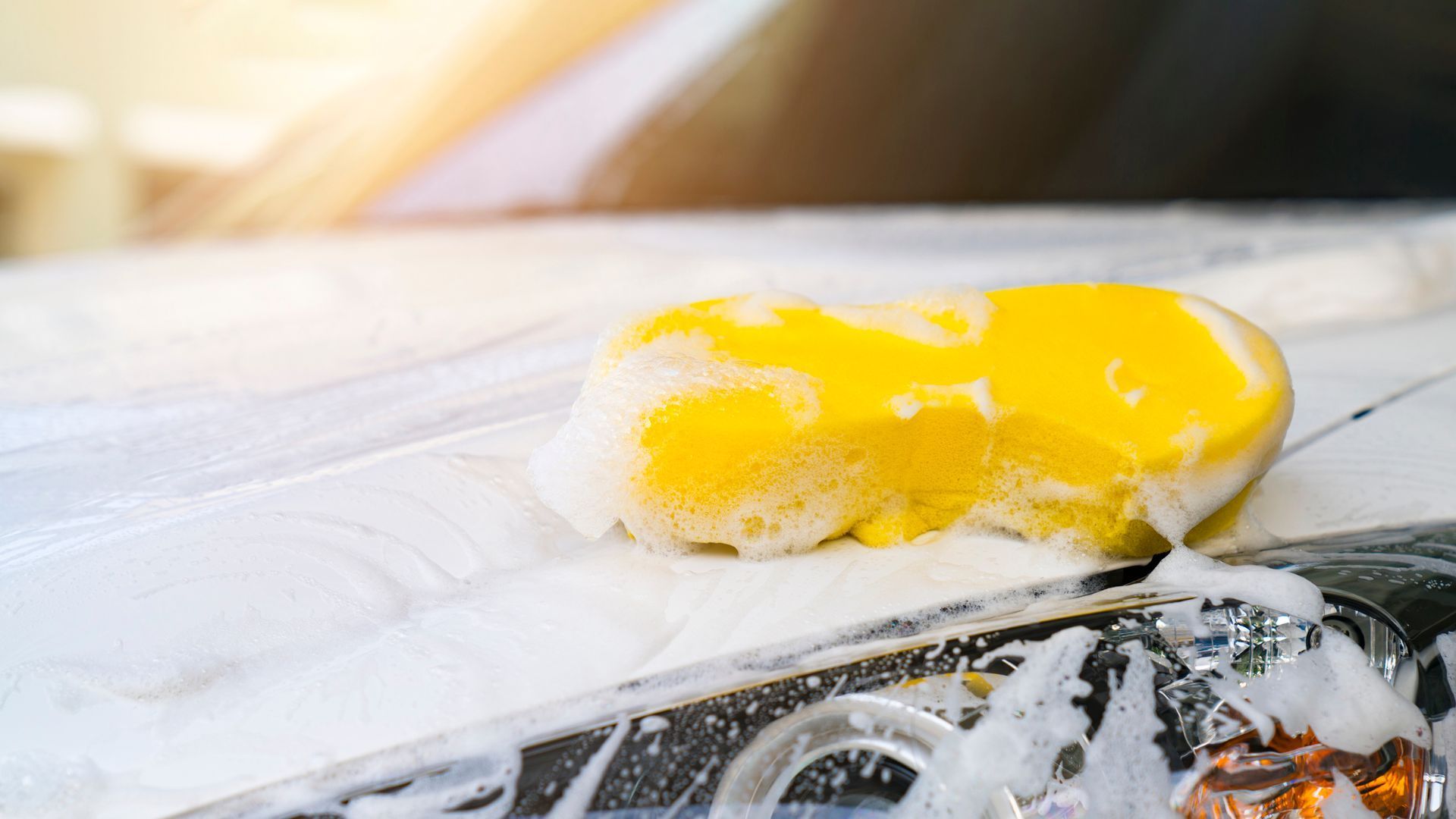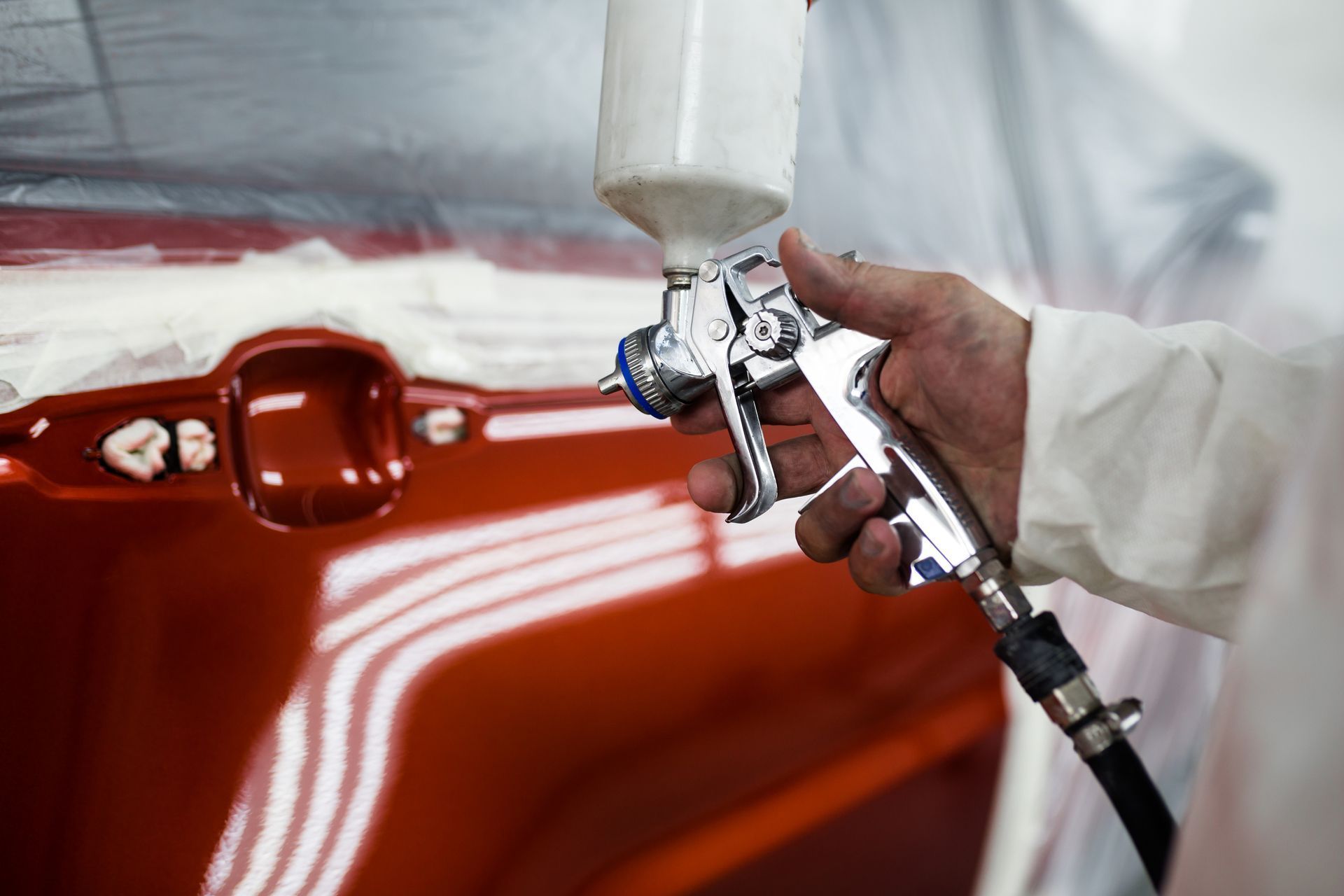4 Kinds of Debris You Don't Want in Your Car
13 May 2022

Between delivering your family members to and from various places and managing your own daily work commute, you may feel as if you practically live in your car. Unfortunately, familiarity can sometimes breed content, especially if the various particles that accumulate inside your car's interior create foul odors or other problems.
The more you know about how specific types of solid matter affect your health, your comfort, and your vehicle, the more effectively you can respond to or minimize the accumulation of this unwanted material. Watch out for the potential issues you may encounter from the following four kinds of debris.
1. Mold Spores Humidity and moisture commonly foster mold, not only in homes and yards but also inside cars. This form of fungus thrives in wet conditions, producing spores that float through the air when disturbed. Whenever the spores land in favorable conditions, they create more patches of mold.
Flood damage can obviously fill a car with enough water to turn it into a mold-ridden disaster area. However, even a small leak in a window or sunroof seal can provide the necessary moisture. Mold can also grow in your car's air conditioning vents, meaning that every time you turn on the fan, you blow fresh spores into the cabin.
Since mold exposure can trigger allergic reactions and other health problems, you'll want to get rid of the offending fungus if you can tolerate the odor. Professional detailers can use steam cleaning and vacuuming techniques to remove the mold without using toxic chemicals or any more water than strictly necessary.
2. Pollen Grains Pollen grains can wreak the same kind of havoc on your lungs, sinuses, and throat as mold spores by aggravating your allergies. If you park in a pollen-heavy area, accumulated grains from trees and grass can actually leave a thick green patina on your car's exterior. At the same time, they can settle inside the cabin.
Your car's cabin air filter can keep most pollen grains from entering the car as you drive or use your air conditioner. However, pollen can also enter every time you open or close a door or window. A combination of regular exterior washes and professional treatment of your dashboard and upholstery can manage this threat.
3. Tobacco and Nicotine Debris You may know that tobacco products can damage your health, but you might not realize just how much harm they can do to your car interior as well. Bits of ash from cigarettes can get ground into cabin upholstery, staining fabrics and leaving a stubborn smoke odor. Nicotine resins can collect on seats and even discolor your headliner.
If home vacuuming and odor removal remedies can't get these leavings out of your interior, you'll most likely need professional cleaning assistance. Professional detailers can steam-clean seats and carpeting more thoroughly than home methods permit. They can also remove nicotine stains without damaging your interior.
4. Crumbs If you and your family members spend countless hours in your car, at some point you'll probably eat in it, leaving crumbs behind in the process. While you might brush crumbs off your seats easily enough, most car interiors contain numerous tight spaces that can trap crumbs or allow them to go unnoticed for months or years.
Any food debris in your car's cabin can spell trouble — not only by attracting pests, but also by turning moldy, staining fabrics, and producing foul smells. You may need to bring your car in for detailing with specialized tools, techniques, and shampoos that can remove stubborn stains and hard-to-reach crumbs. Grand Prix Car Wash can help you keep your car's interior and exterior in pristine condition. If you need to rid your San Pablo vehicle's cabin of ugly, smelly, hard-to-reach debris, visit our car care center today or contact us to learn more about our service packages.
The more you know about how specific types of solid matter affect your health, your comfort, and your vehicle, the more effectively you can respond to or minimize the accumulation of this unwanted material. Watch out for the potential issues you may encounter from the following four kinds of debris.
1. Mold Spores Humidity and moisture commonly foster mold, not only in homes and yards but also inside cars. This form of fungus thrives in wet conditions, producing spores that float through the air when disturbed. Whenever the spores land in favorable conditions, they create more patches of mold.
Flood damage can obviously fill a car with enough water to turn it into a mold-ridden disaster area. However, even a small leak in a window or sunroof seal can provide the necessary moisture. Mold can also grow in your car's air conditioning vents, meaning that every time you turn on the fan, you blow fresh spores into the cabin.
Since mold exposure can trigger allergic reactions and other health problems, you'll want to get rid of the offending fungus if you can tolerate the odor. Professional detailers can use steam cleaning and vacuuming techniques to remove the mold without using toxic chemicals or any more water than strictly necessary.
2. Pollen Grains Pollen grains can wreak the same kind of havoc on your lungs, sinuses, and throat as mold spores by aggravating your allergies. If you park in a pollen-heavy area, accumulated grains from trees and grass can actually leave a thick green patina on your car's exterior. At the same time, they can settle inside the cabin.
Your car's cabin air filter can keep most pollen grains from entering the car as you drive or use your air conditioner. However, pollen can also enter every time you open or close a door or window. A combination of regular exterior washes and professional treatment of your dashboard and upholstery can manage this threat.
3. Tobacco and Nicotine Debris You may know that tobacco products can damage your health, but you might not realize just how much harm they can do to your car interior as well. Bits of ash from cigarettes can get ground into cabin upholstery, staining fabrics and leaving a stubborn smoke odor. Nicotine resins can collect on seats and even discolor your headliner.
If home vacuuming and odor removal remedies can't get these leavings out of your interior, you'll most likely need professional cleaning assistance. Professional detailers can steam-clean seats and carpeting more thoroughly than home methods permit. They can also remove nicotine stains without damaging your interior.
4. Crumbs If you and your family members spend countless hours in your car, at some point you'll probably eat in it, leaving crumbs behind in the process. While you might brush crumbs off your seats easily enough, most car interiors contain numerous tight spaces that can trap crumbs or allow them to go unnoticed for months or years.
Any food debris in your car's cabin can spell trouble — not only by attracting pests, but also by turning moldy, staining fabrics, and producing foul smells. You may need to bring your car in for detailing with specialized tools, techniques, and shampoos that can remove stubborn stains and hard-to-reach crumbs. Grand Prix Car Wash can help you keep your car's interior and exterior in pristine condition. If you need to rid your San Pablo vehicle's cabin of ugly, smelly, hard-to-reach debris, visit our car care center today or contact us to learn more about our service packages.
Professional hand waxing is one of the most effective ways of keeping your car looking new. Learn about the benefits of hand waxing your car.
A well-maintained car is about maintaining its value, ensuring its functionality, and, taking pride in your ride. Read this blog on car deep cleaning tips.
Car detailing is essential to maintain your vehicle's appearance and overall health. To better understand this process, learn about a few industry myths.
Detailing can be time-consuming and labor-intensive, but the benefits of auto detailing are well worth it. Discover the many advantages of auto detailing.
Protecting your car from cold is essential to keeping it running correctly and avoiding costly repairs. Learn how waxing your car can do this.
Any car, new or used, needs care and protection from the sun's rays. Learn how to best defend your car’s exterior from UV radiation.
While you save money in the short term by cleaning your car yourself, professional cleaning helps preserve your car in the long run. Learn more here.
How do you find a professional auto detailer to deliver exemplary results? Learn five key tips when choosing an auto detailing service.


